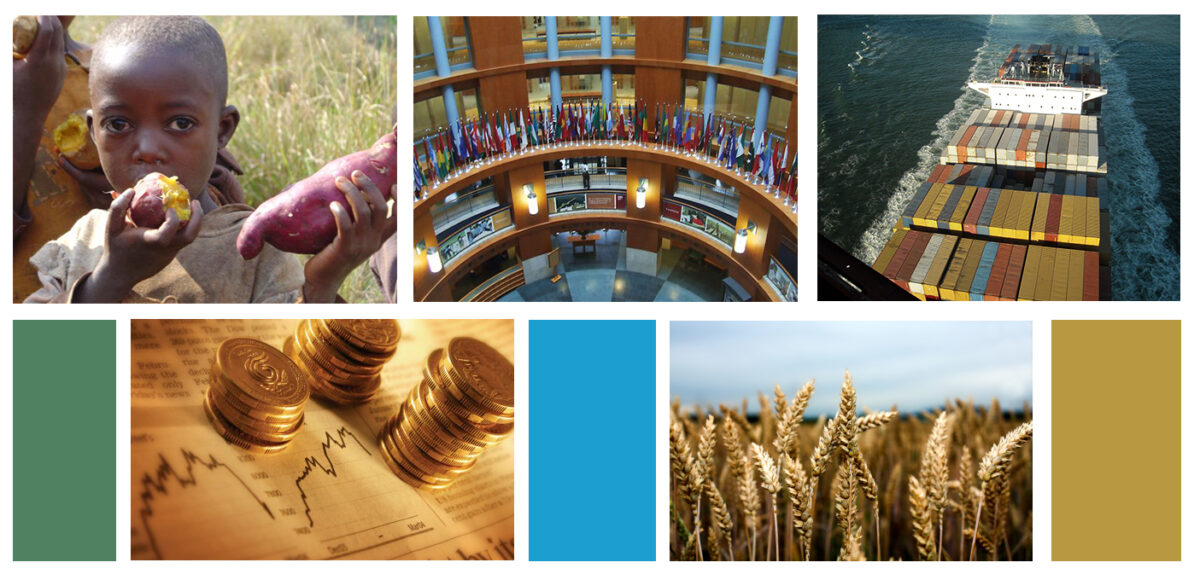Featured Article: Dort, Méon and Sekkat (2013)
“Does Investment Spur Growth Everywhere? Not Where Institutions Are Weak” by Thibaut Dort, Pierre-Guillaume Méon and Khalid Sekkat Abstract We investigate the impact of investment on growth in a sample of developed and developing countries, conditioning the marginal effect of investment on institutional quality. The panel structure of our dataset allows controlling for unobserved heterogeneity and dealing […]

